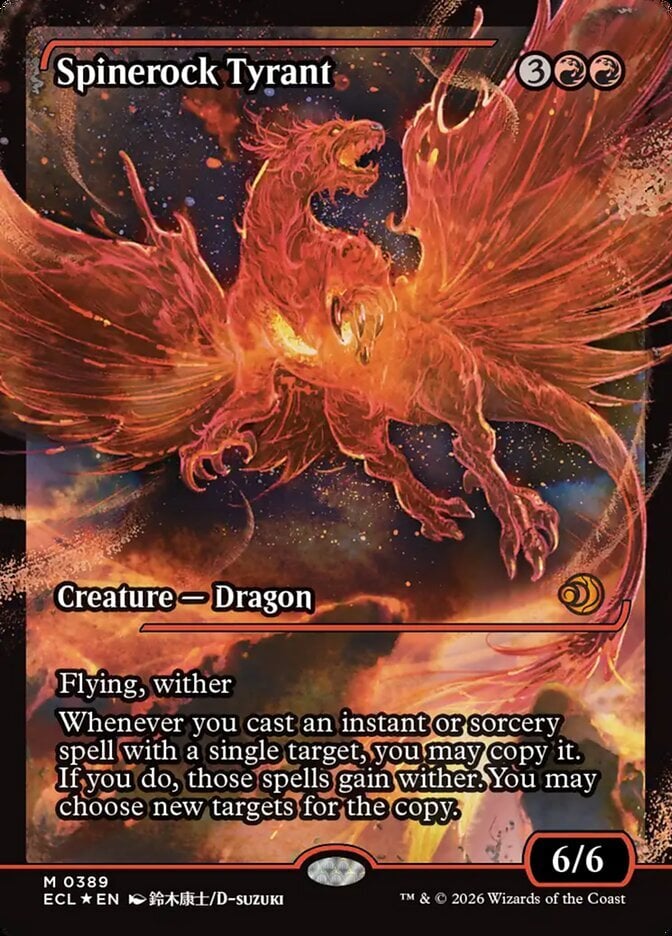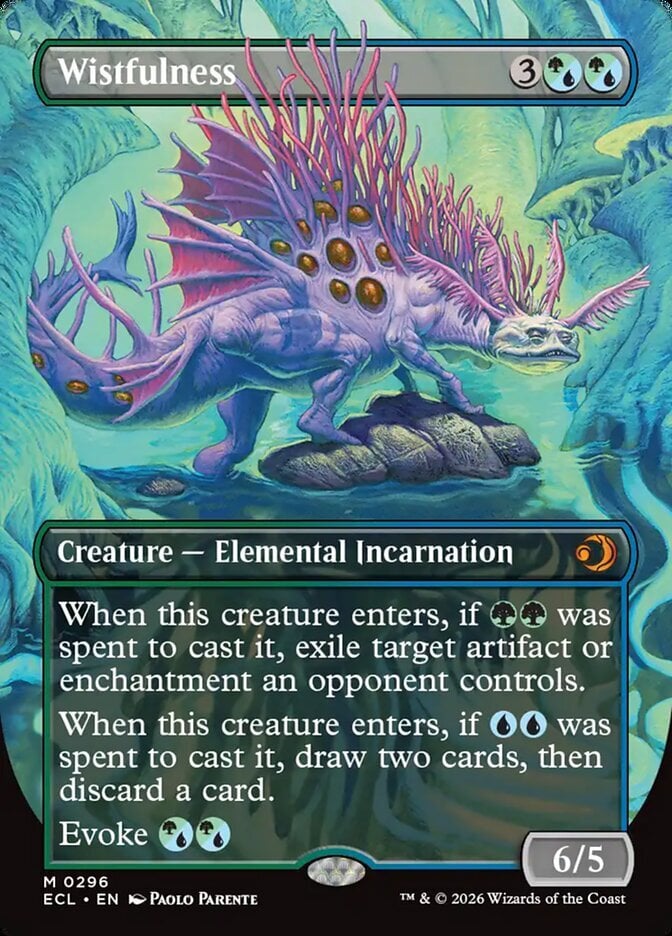The key things to remember about priority are:
- At the start of most* steps and phases, or after a spell or ability resolves, the
active player (person whose turn it is) receives priority first.
- After casting a spell or activating an ability, then by the game rules**, the
player who had priority before casting the spell or activating the ability receives it again.
- Costs of spells or abilities (including adding/removal of loyalty counters from Planeswalkers) are paid "up front,"
during the casting or activation of the spell or ability, and not later when it resolves.
* (No player receives priority during the untap step, ever, and usually not during the cleanup step either, unless an ability triggers or state-based actions are performed. In that case, players
do receive priority after, but then there will be
another cleanup step following that step, and then another and another, if necessary, until eventually there is a "clean" cleanup step wherein nothing triggers and no state-based actions are performed.)
** (In tournament play, there is a shortcut whereby it is presumed that the player is
passing priority at this point, unless he or she
specifically states that they are retaining it.)
Helios52 wrote:It is my understanding that Planeswalkers are unique in that you maintain Priority throughout the resolution of the ability.
False. There's nothing "unique" about how Planeswalkers are cast or how their abilities are activated. They are normal permanents which are cast as normal spells and have normal activated abilities. This is how it breaks down:
1. Active player (AP) gets priority during a main phase and announces
Sarkhan, the Dragonspeaker.
2. AP puts Sarkhan on the stack as a spell and pays its cost using {3}{R}{R} obtained in an unspecified way.
3. AP gets priority and passes.
4. Non-active player (NAP) gets priority and passes.
5. The top object on the stack (the spell put there in step 2) resolves: Sarkhan, the Dragonspeaker enters the battlefield as a permanent with four loyalty counters.
6. AP gets priority and announces the first loyalty ability of Sarkhan.
7. AP puts the ability on the stack and pays the cost by adding one loyalty counter to Sarkhan. Sarkhan now has five loyalty counters.
8. AP gets priority and passes.
9. NAP gets priority and announces
Hero's Downfall.
10. NAP puts Hero's Downfall on the stack, chooses Sarkan, the Dragonspeaker as its target, and pays its cost using {1}{B}{B} obtained in an unspecified way.
11. NAP gets priority and passes.
12. AP gets priority and passes.
13. The top object on the stack (the spell put there in step 10) resolves: Sarkan is destroyed.
14. AP gets priority and passes.
15. NAP gets priority and passes.
16. The top object on the stack (the ability put there in step 7) resolves: the permanent referenced by the ability no longer exists, so it resolves with no effect.
17. AP gets priority and...
So here, NAP
can kill Sarkhan with the Hero's Downfall because, at the time when Downfall resolves, Sarkhan is not yet indestructible since the ability which would make him so is still on the stack and has not yet resolved. Now if it were
Jace Beleren and
Lightning Bolt instead of Sarkhan and Downfall, it would be a different story:
1. AP gets priority during a main phase and announces
Jace Beleren.
2. AP puts Jace on the stack and pays its cost using {1}{U}{U} obtained in an unspecified way.
3. AP gets priority and passes.
4. NAP gets priority and passes.
5. The top object on the stack (the spell put there in step 2) resolves: Jace enters the battlefield as a permanent with three loyalty counters.
6. AP gets priority and announces the second loyalty ability of Jace.
7. AP puts the ability on the stack and pays its cost by adding two loyalty counters to Jace. Jace now has five loyalty counters.
8. AP gets priority and passes.
9. NAP gets priority and announces
Lightning Bolt.
10. NAP puts Lightning Bolt on the stack, chooses AP as its target, and pays its cost using {R} obtained in an unspecified way.
11. NAP gets priority and passes.
12. AP gets priority and passes.
13. The top object on the stack (the spell put there in step 10) resolves: Lightning Bolt would deal 3 damage to AP, but NAP chooses to have that damage dealt to Jace Beleren instead. Three loyalty counters are removed from Jace. Jace remains on the battlefield with two counters.
14. AP gets priority and passes.
15. NAP gets priority and passes.
16. The top object on the stack (the ability put there in step 7) resolves: each player draws a card.
17. AP gets priority and...
In this case, NAP can
not kill Jace with the Lightning Bolt, because by the time he even gets to cast it, Jace
already has five loyalty counters. Remember that the counters are added as the
cost of activating the ability, so they are there before NAP even gets to act. Note that had AP simply passed priority, or done
anything else other than immediately activate the +2 ability of Jace after he resolved, then NAP
could cast the Bolt in response. In
that case, AP could not activate the +2 ability until the stack was again clear, but by that time Jace would already be long-dead (in terms of priority passes, anyway) to the Bolt.

